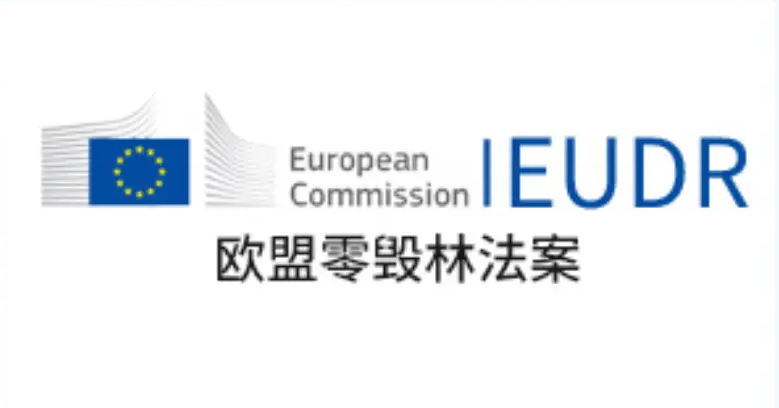
On October 2, 2024, the European Commission officially announced the postponement of the implementation of the EU Deforestation-Free Regulation (EUDR). This decision was made based on feedback from international and European stakeholders regarding their preparedness. Under the new proposal, large enterprises are required to meet compliance requirements by December 30, 2025, while small and medium-sized enterprises are granted an additional six-month grace period, extending their deadline to June 30, 2026. The extended transition period will help businesses adequately prepare.文章源自FOFCC-http://fofcc.org.cn/en/26268/
This delay does not alter the core objective of the regulation, which is to reduce the contribution of products in the EU market to global deforestation and forest degradation. To enhance the understanding of the regulation among businesses and enforcement agencies, the Commission has also released updated guidance documents. These include operational methods for the information system, recent adjustments to penalty provisions, and detailed explanations of key terms, ensuring consistency and effectiveness in the regulation's enforcement.文章源自FOFCC-http://fofcc.org.cn/en/26268/
To facilitate the smooth implementation of the regulation, the Commission has established an international cooperation framework aimed at supporting smallholder farmers, ensuring human rights are respected, achieving a fair transition, and promoting deforestation-free agricultural supply chains. The framework outlines five priority action areas and eight key principles, providing tools such as dialogue and financing for implementation. Meanwhile, the EU has set up a dedicated information system, allowing enterprises to register and submit survey declarations starting from November. To assist businesses, the system is equipped with multilingual training and user guides. The Commission urges all parties to actively complete system connections, testing, and training, and to continue dialogues with international partners to expedite the risk classification of regulations for different countries.文章源自FOFCC-http://fofcc.org.cn/en/26268/
The core of the regulation is to ensure that goods entering the EU market, such as cattle, cocoa, coffee, palm oil, rubber, soy, wood, and their derived products, are not contributing to global deforestation in their production processes.文章源自FOFCC-http://fofcc.org.cn/en/26268/
For products like organic soy, organic soybean meal, organic soy protein, and organic palm oil produced by FOFCC-certified organizations, a "Deforestation-Free Survey Report" must be uploaded into the EU system by the end of 2025. Failure to do so may result in risks such as return or destruction of the products. To this end, FOFCC is closely coordinating with IBD to ensure that all relevant certified organizations can complete the report submission by the end of 2025, thereby securing the stable export of related products to Europe.文章源自FOFCC-http://fofcc.org.cn/en/26268/
2024.10.9文章源自FOFCC-http://fofcc.org.cn/en/26268/
